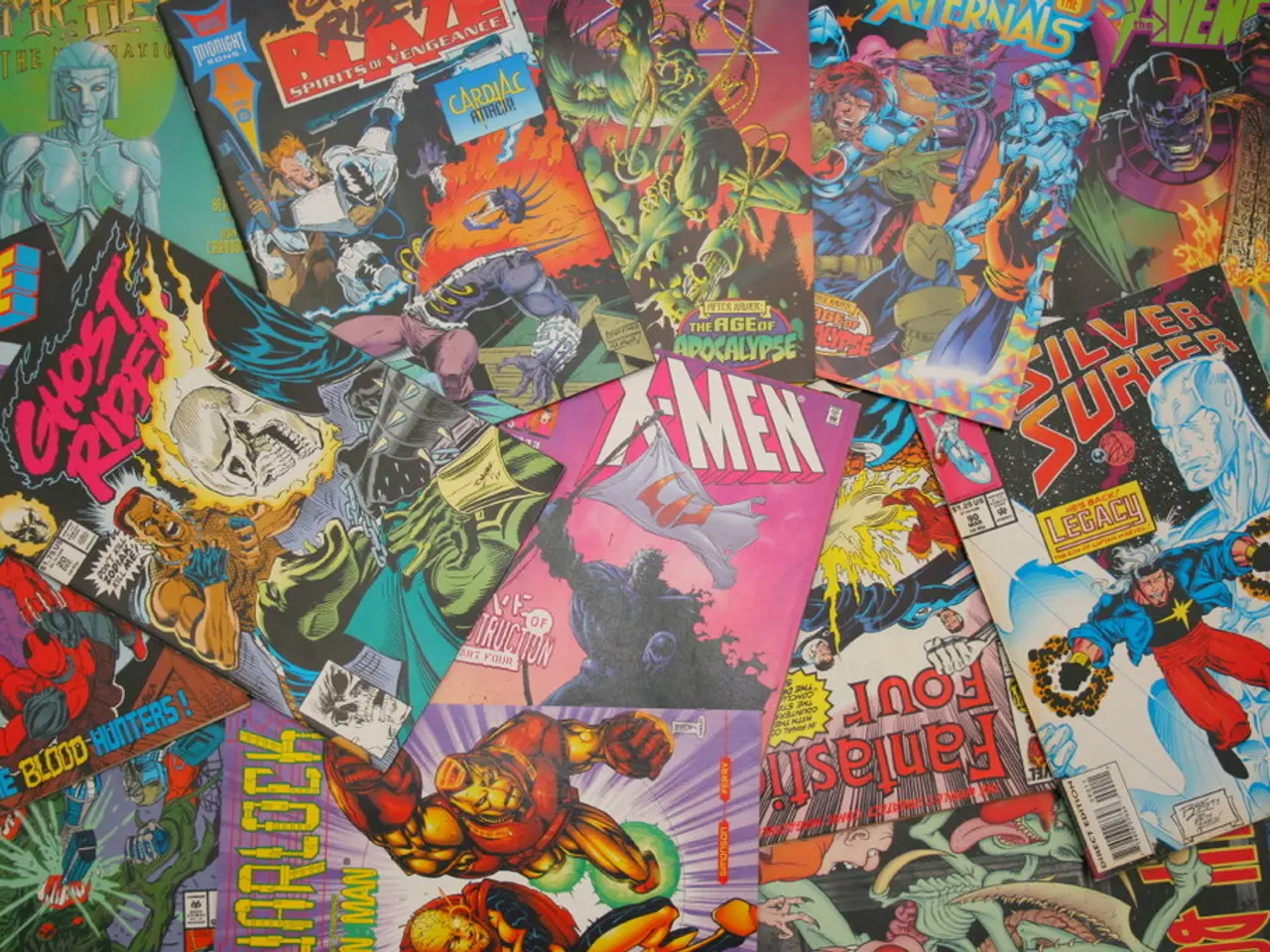Megaverse vs Multiverse: Important Distinctions and Overlaps
In the realm of science and science fiction, three intriguing concepts have captured the imagination of many: the Multiverse, Megaverse, and Omniverse. Each offers a unique perspective on the vastness of the universe and the potential for parallel realities.
The Multiverse, a term that has been studied in physics and cosmology for many years, refers to a collection of multiple universes that exist in parallel to our own. Each universe in the Multiverse may have its own unique laws of physics, properties, and outcomes. In science fiction, the Multiverse is often used to explore alternative realities where different versions of historical events or individual choices have led to divergent outcomes. The concept of the Multiverse appears in comic books like Marvel Comics and DC Comics, where characters may travel between or interact with different universes.
The Megaverse, while less commonly defined in scientific terms, is often used in literature and media to describe a vast, interconnected collection of universes or realities. It can be seen as a subset or an extension of the Multiverse concept, depending on the context in which it is used. Author Sarah J. Maas has used the term "megaverse" to describe the interconnected worlds across her different book series, suggesting a shared universe or continuum where various stories and characters exist within a larger cosmic framework. In comic books or science fiction, the Megaverse might not be as commonly referenced as the Multiverse, but it could be used to describe a vast, encompassing reality that includes multiple Multiverses or dimensions.
The Omniverse is a concept that includes all possible universes and Multiverses, suggesting an infinite number of realities. It is larger than the Multiverse and encompasses everything that could exist. In science fiction, the Omniverse is a comprehensive concept that includes all Multiverses, dimensions, and realities, providing a framework for exploring infinite possibilities.
The growth of the Metaverse and Multiverse is fueled by the rise of social media platforms like Facebook and Roblox. The Metaverse is a persistent digital environment that enables users to interact in a virtual space. Virtual reality (VR) and augmented reality (AR) are prominent technologies contributing to the growth of the Metaverse and Multiverse. The Metaverse and Multiverse are emerging technologies with the potential to revolutionize the way we interact in virtual spaces.
However, it's important to note that the Multiverse is still a theoretical concept and has not been proven to exist. The Megaverse, while used in science fiction and comic books, is not as widely defined or used as the Multiverse. The exact definition and usage of the term "megaverse" can vary depending on the context.
As research continues, the future implications and developments of the Multiverse and Megaverse are uncertain but promising. They may provide a more comprehensive understanding of reality and the universe, potentially disrupting industries like gaming by creating a more immersive and collaborative experience. Companies like Microsoft and Unity are working to address challenges like interoperability and hardware limitations to create a more seamless experience for users.
In summary, while the Multiverse refers to multiple parallel universes, the Megaverse might be used more loosely to describe a particular collection of interconnected worlds in a specific context, and the Omniverse encompasses all possible realities, including multiple Multiverses. These concepts offer a fascinating glimpse into the vastness of the universe and the potential for infinite realities, fueling the imagination and driving research in science, technology, and fiction alike.
- In the realm of education and self-development, books and courses delve into the concepts of the Multiverse, Megaverse, and Omniverse, providing insight into their implications on the universe and reality.
- Subsequently, environmental science and technology are playing a significant role in the exploration of these cosmic realities, as advancements in space and astronomy help scientists to better understand the potential of alternate universes.
- In addition, lifestyle magazines and entertainment channels occasionally feature segments on these scientific concepts, popularizing their concepts for a broader audience and encouraging curiosity about the universe.
- Lastly, general news outlets often report on the latest research and discoveries related to the Multiverse, Megaverse, and Omniverse, as they continue to captivate the collective imagination of people worldwide.




